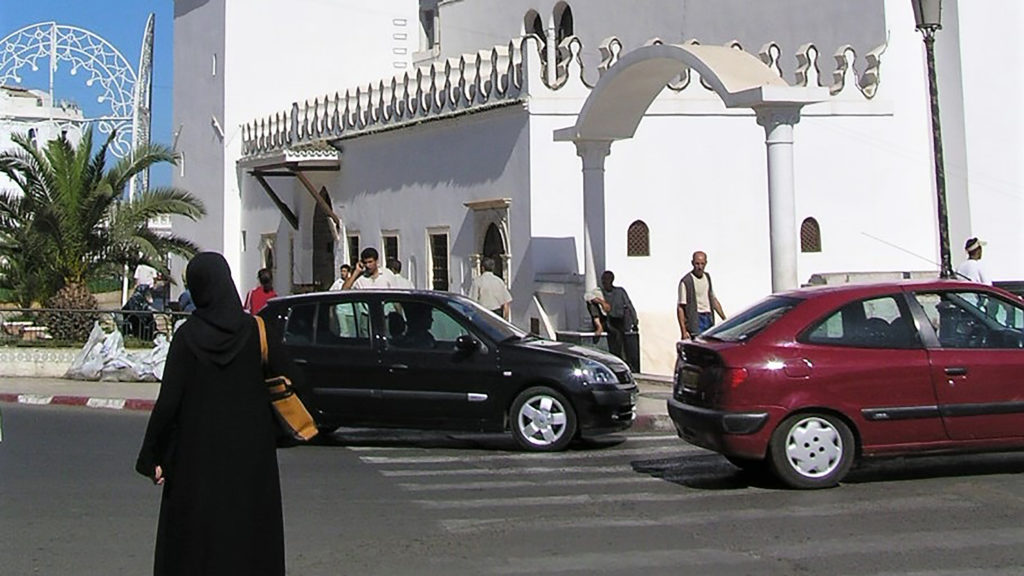Religion-related terrorism decreased globally in 2019, but government restrictions on religion remains at historic high levels.
Pew Research Center’s 12th annual study of global restrictions on religion, which examines 198 countries and territories around the world, found 43 countries had “high” or “very high” levels of social hostilities related to religion in 2019, the most recent year for which data is available and covering a period before the coronavirus pandemic.
In 2018, that number was 53 countries, down from a peak of 65 countries in 2012.
Social hostilities involving religion include violence and harassment against religious groups by private individuals and groups, according to Pew.
According to the Global Terrorism Database, which tracks terrorist incidents regardless of whether they are related to religion, global terrorism has decreased since a peak in 2014.
ISIS attacks down globally
One major factor in the decline is the loss of territory and influence by the Islamic terrorist group ISIS.
Government restrictions, which include official laws, policies and actions that impinge on religious beliefs and practices, which have generally trended upward since 2007.
Two specific measures of government restrictions on religion increased globally in 2019: government harassment against religious groups and government interference in worship. In total, 180 countries had at least one reported incident of government harassment or interference in worship in 2019 — more than in any other year since the study began in 2007, Pew reported.
Most countries with “high” or “very high” levels of government restrictions in 2019 were either in the Asia-Pacific region or in the Middle East-North Africa region.
Read the full report at Government Restrictions on Religion Remain at Highest Levels in 2019, Social Hostilities Decline | Pew Research Center (pewforum.org).






Share with others: